By now, you’ve all probably heard of Meta’s new Twitter rival, Threads. Launched on July 5, 2023, the competitor app has since garnered over 100 million active users. And that’s just within five days of its release.
Some of its users include our nation’s politicians and celebrities, such as Anwar Ibrahim, Syed Saddiq, Khairul Aming, and Yuna.
But with its rise in popularity comes the doubters and sceptics. For good reason, some would argue.
Threads isn’t quite the same as most of the other social media apps you know like TikTok, YouTube, or even Twitter. We’re not just talking about how the user interface is either.
No, we’re talking about the entire closed ecosystem, and what Threads’ impact on it will be.
The closed ecosystem refers to a software system whereby the carrier or service provider has control over the application, content, and/or media, and restricts convenient access to non-approved applicants or content. TikTok, YouTube, Twitter, and even Facebook and Instagram are considered closed ecosystems.
So, why is Threads different?
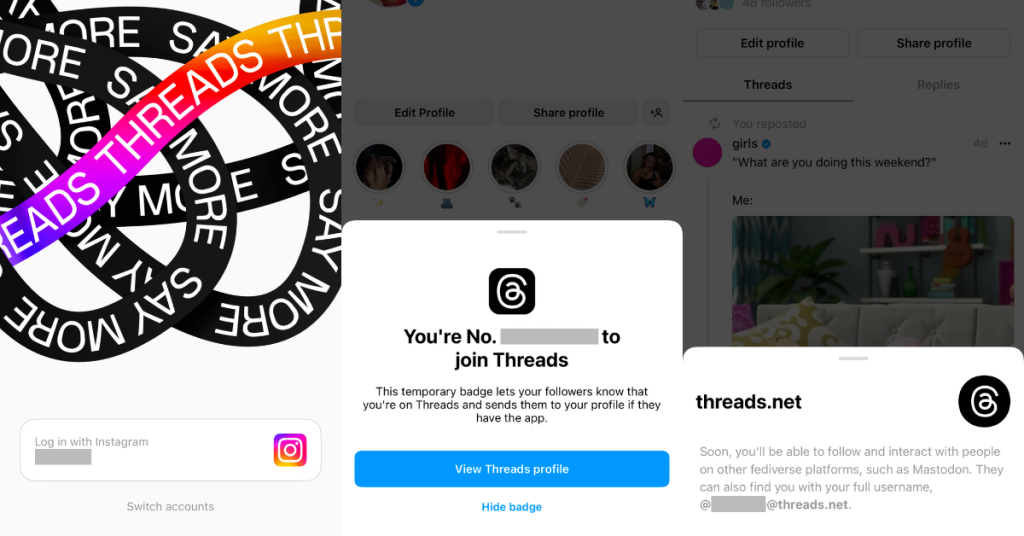
Upon signing up on Threads, you’ll notice that there’s a page explaining how the app works:
- Threads is powered by Instagram – Information gathered from Instagram and Threads will be used to enhance the experience on both apps, including better personalisation of ads.
- Threads will work with the fediverse – The future version of Threads will be a part of the fediverse, a social network of different servers operated by third parties that are connected and can communicate with each other.
- Threads will collect user data – By joining the app, users agree to the Meta Terms and Threads Supplemental Terms, as well as acknowledge the Meta Privacy Policy and Threads Supplemental Privacy Policy.
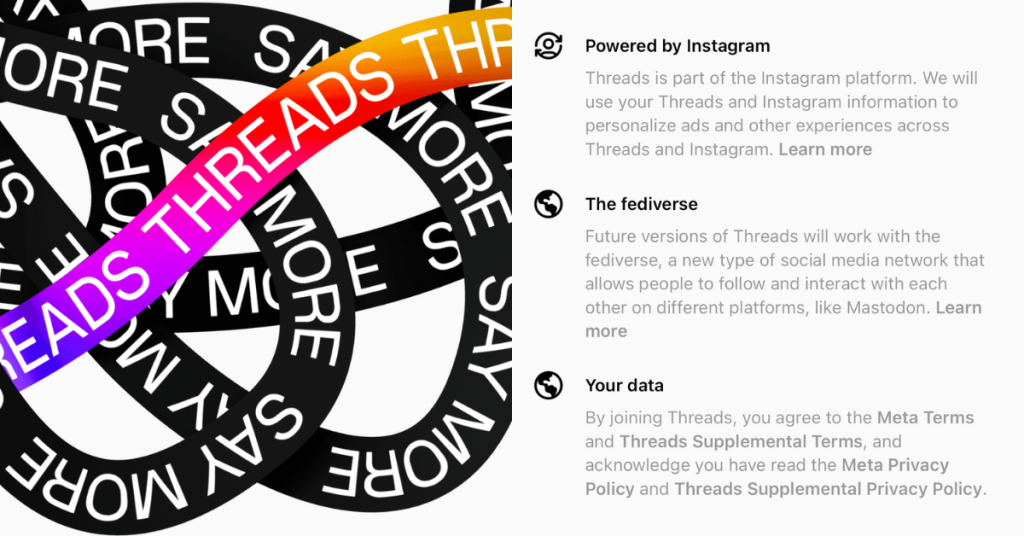
Out of the three interconnected points, one word that we’re focusing on is the fediverse—what the heck is it, and what does it mean for you as a Threads user?
A brief introduction to the fediverse
The term “fediverse” is a portmanteau of the words “federal” and “universe”. The idea is to have a group of decentralised and independently-run servers (or platforms) operating in an online interconnected space.
To elaborate, while each server operates by itself, it can still communicate with other servers on the fediverse. Provided that they’re running on the same open social networking protocol. Hence, the interconnectivity between platforms.
You can view and interact with the content of one server from another without ever leaving the platform you’re on. For example, you could use your Threads account to engage with content on Mastodon, despite the two not being affiliated in any way.
Fun fact: Some of the more popular websites in the fediverse include Mastodon (an alternative to Twitter), Pixelfed (an alternative to Instagram), and Peertube (an alternative to YouTube).
However, should you make amends (including deleting content) on one server, that doesn’t guarantee changes of it elsewhere. This is because the platform you’re operating on doesn’t have control of the other.
In terms of decentralisation, it simply means that there is no one figure or bodily authority that dictates the platform’s rules. In other words, regulation is mostly up to the users.
This includes data privacy, where users have greater control over their information. As explained by TechWire Asia, “Without a single, dominant entity gathering user data, the risk of data breaches or misuse decreases significantly.”
So what does this mean for you?
If you’re like me and typically flock to more popular social media sites, the fediverse might seem a little confusing to understand at first. But simply put, it’s an open space that supports interoperability between different platforms.
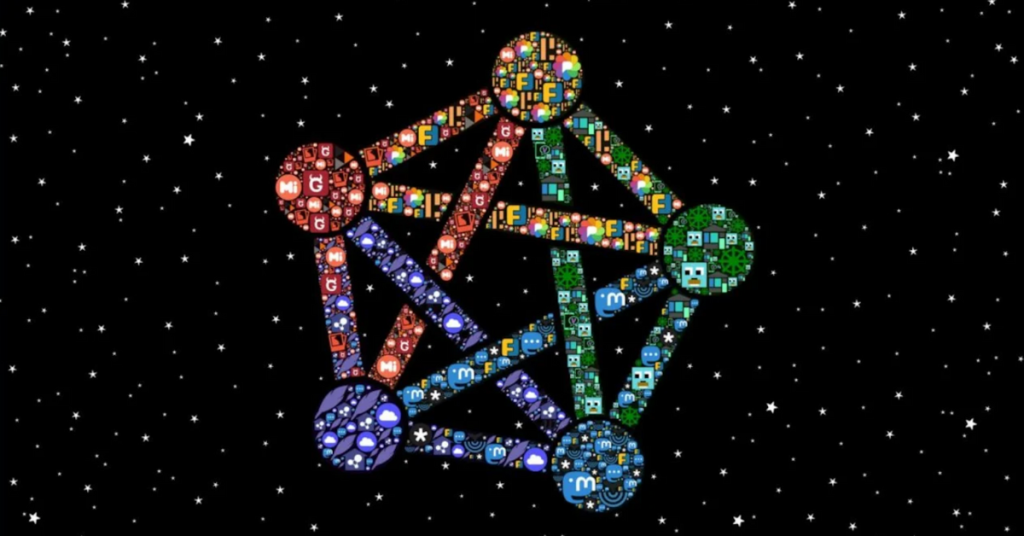
According to Meta, the plan is for Threads to use a protocol called ActivityPub to talk to other servers. Some of the existing servers also using the same protocol are WordPress, Nextcloud, and Lemmy, along with the others mentioned in the fun fact above.
This means that you’ll be able to cross-post between such sites and widen your current circle of audiences. All while having the ability to better control the data and privacy you share with the platform.
Not to mention that you won’t be forced to succumb to the whims of certain billionaires set on proving an egotistical point. Imagine not having a limited number of posts you’re allowed to view per day unless you subscribe to a now-rather broken system.
Sounds pretty neat, right?
This could be one of the many reasons many users have flocked to Threads and left its preceding competitor behind. The ease of connecting with people you’re already familiar with on Instagram also makes it appear more user-friendly.
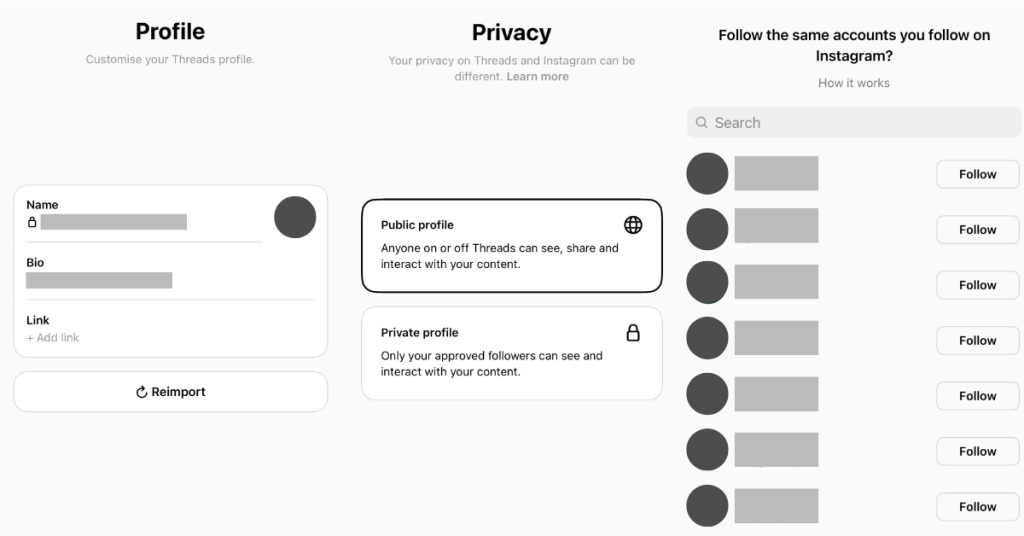
Although, personally, I prefer to keep my microblogging rants to a small selected crowd instead of my entire Instagram audience. But that could just be a privacy preference.
Is Threads actually better than Twitter?
With Threads being a new platform, there hasn’t been a clearly set date or timeline announced on when its fediverse plans will take place.
So it remains a centralised server under the jurisdiction of Meta and will continue to be compared with Twitter by the masses.
Of course, this isn’t to say Twitter is forgettable or should be abandoned, as there are a number of notable features that Threads lacks, along with some eyebrow-raising policies.
For example, you can only register for a Threads account if you have an Instagram account as the two are linked.
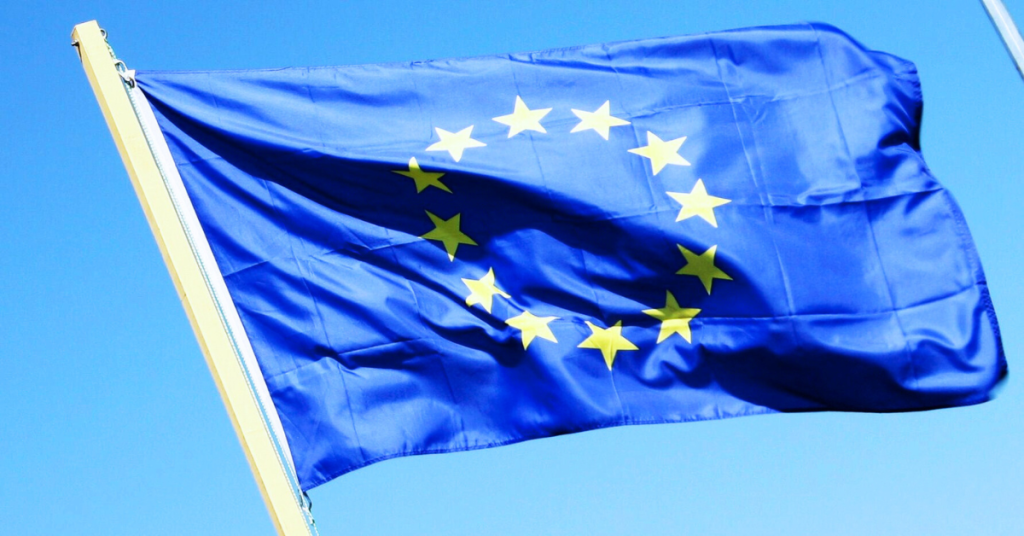
This is a major clause that hindered its launch in the European Union, as there are concerns in its data privacy operations and how they don’t comply with the EU’s Digital Markets Act. Specifically, the provisions on sharing user data across different platforms.
Some of your Threads profile information is provided from (or managed) by your Instagram account, including your name and username. To change your Threads username, you need to change your Instagram username as well.
And more importantly, as part of its Supplemental Privacy Policy, “You may deactivate your Threads profile at any time, but your Threads profile can only be deleted by deleting your Instagram account.”
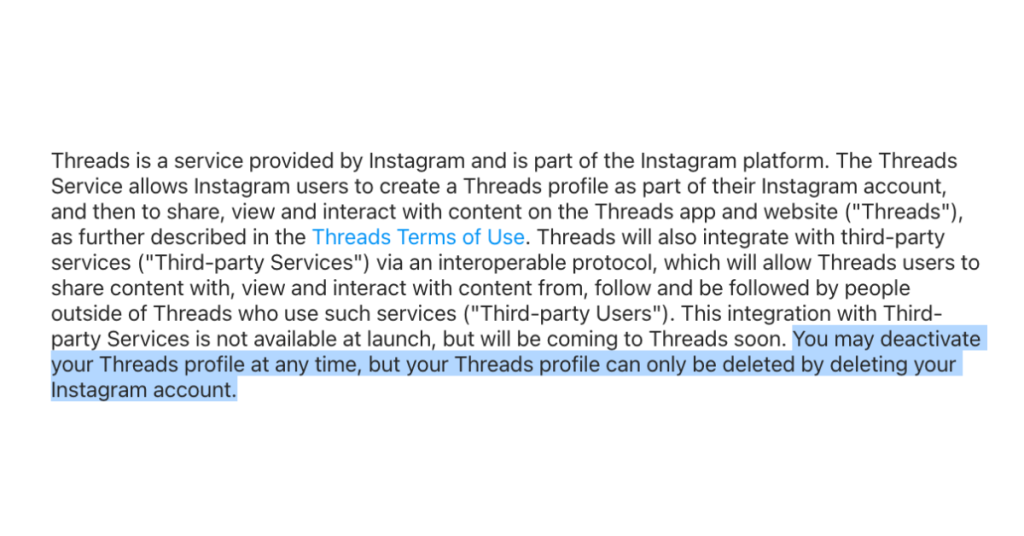
Which, let’s face it, nobody is really willing to do unless they’re okay with rebuilding an entirely new profile from scratch.
You’re also unable to save photos directly from Threads, which makes it similar to Instagram. This might not be a big turn off for some users, but it does constrain the app’s potential.
A number of other features that aren’t available include (but aren’t limited to):
- bookmarking posts (threads?)
- direct messaging
- keeping track of posts you’ve liked in the past
- switch between two Threads accounts without logging out first
- a website (it’s currently only a phone application)
These features might be on the roster for Threads to add in a future update, but it’s likely that as those desired features get added, other undesirable ones may get added too, such as ads, odd algorithm suggestions, and more.
As someone who has been an active Twitter user for years, the two apps do seem comparable but Threads does reflect Instagram in a sense where it feels more performative than authentic.
How is Threads a threat to other social media platforms?
With all that said, it’s undeniable that Threads is spearheading itself as a different kind of social media platform. Not least as it’s being run by Meta, one of the top social media companies in the world.
With data privacy being one of the largest concerns when it comes to centralised social media these days, the fediverse offers an attractive option for those who want to take back control over their data.
Data mining is the reason some users get curated and personalised content, such as suggested posts and ads. (Surely you’ve asked yourself, “Is my phone listening to me?” at least once when something you were talking about suddenly popped up as an ad on social media.)
But on the flip side, it also creates an echo chamber effect where you only see content of topics that you’re interested in.
It doesn’t sound bad if all you’re looking for are cute animal videos, but what about extremist groups who are inclined to violence? And what of your personal information being unknowingly shared with third parties?
This isn’t to say that the fediverse is the cure for these key issues with popular centralised social media platforms. But it does address problems that have been worrying users ever since the internet began growing to this size.
Threads alone won’t be able to replace all of your favourite social media, but its power lies in bringing more awareness to alternatives of those social media in the fediverse.
As an app backed by Meta, Threads has the potential influence to become a gateway app and funnel more crowds from other centralised social media platforms into the fediverse.
In that sense, Threads will be a threat to centralised social media, even more than existing fediverse social media, which, prior to Threads, had not been too largely discussed.
-//-
Overall, the verdict on whether Threads will actually push out Twitter and dominate the social media sphere remains to be seen as it’s still early days.
Whether Threads will also be the catalyst for many to switch to the decentralised social network, or fediverse, is still an argument reserved for the far future.
After all, it’s still yet to join the fediverse, since Threads specified that future versions of its app will be where this change happens.
Something to ponder though is why Meta is suddenly focusing on the fediverse. It can’t be ignored that the business entity has a track record of using users’ data for its own advantages.
So will it really relinquish this power and hold on its users? What’s in it for Meta?
You could see this as a way for Meta to distance itself (or right its alleged wrongs) from long-running accusations of operating an echo chamber (Facebook), but until Zuckerberg actually speaks out about why Meta is now joining the fediverse, we don’t know for sure.
The fediverse is not an entirely new concept (its first appearance was reportedly back in 2008), one thing for sure is that Threads has managed to put it in the public spotlight.
And this could change the social media game in the long run, especially now that users are becoming more aware of other options in the market.
Featured Image Credit: Freepik (background)









